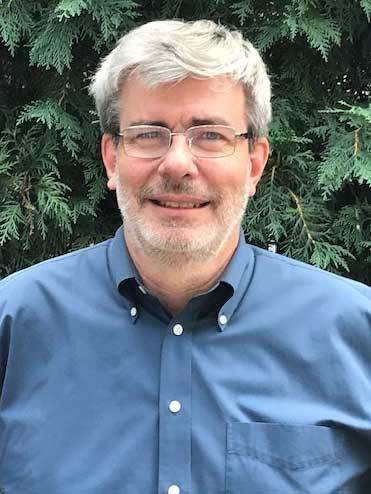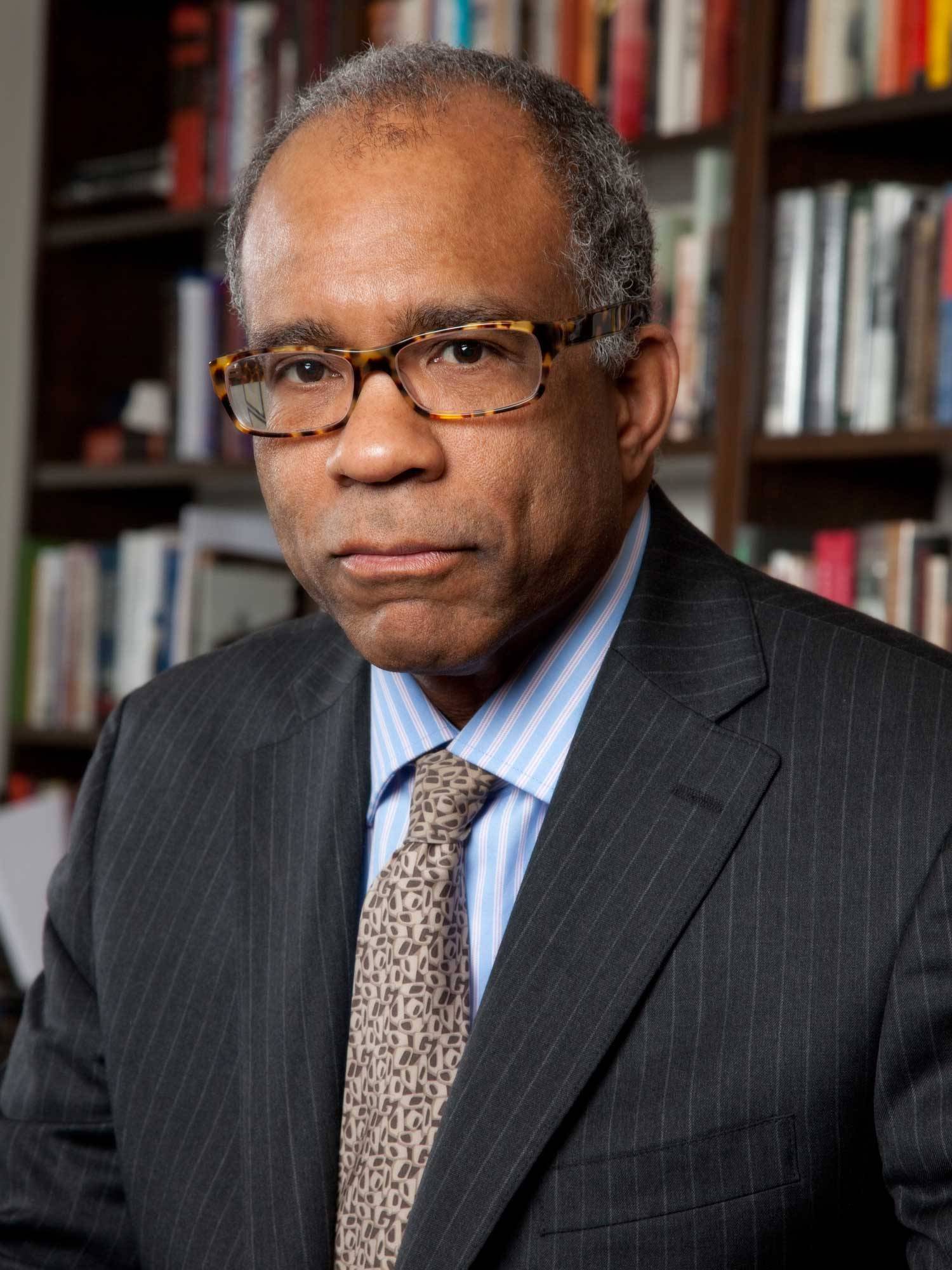Colgate University’s Constitution Day Debate brings to campus seasoned experts in their fields to debate topics facing the nation as a way to celebrate the national holiday and to encourage informed discourse among students.
This year’s debate on Saturday, Sept. 17, will feature two nationally respected figures, debating two major cases before the Supreme Court in Students for Fair Admissions v. Harvard and Students for Fair Admissions v. University of North Carolina. Both cases raise the question of whether colleges and universities can consider race as a factor in admissions. The event is sponsored by Colgate’s Forum for Constitutional Government and the Center for Freedom and Western Civilization.
UCLA Jesse Dukeminier Professor of Law Richard H. Sander will lead the argument against race-based affirmative action, having made national headlines with his book, co-authored with Stuart Taylor, Mismatch: How Affirmative Action Hurts Students It’s Intended to Help, and Why Universities Won’t Admit It. Debating the other side of the coin will be Randall Kennedy, Michael R. Klein Professor of law at Harvard University and author of the widely acclaimed For Discrimination: Race, Affirmative Action, and the Law.
“With Kennedy and Sander we have two of the most powerful and influential voices in the debate about race-based affirmative action in college admissions,” said Professor of Political Science Stanley Brubaker. “Their arguments figure prominently in the briefs that have been submitted to the Supreme Court on the SFFA cases and are likely to shape the opinions of the justices. It’s a thrill to bring them to Colgate.”
Sander is an economist and law professor at UCLA, where he has taught since 1989 and where he serves as director of the UCLA-RAND Center for Law and Public Policy. Most of his work draws on both law and social science to understand problems of social inequality and evaluate social policies. His most recent book is Moving Toward Integration: The Past and Future of Fair Housing (with Yana Kucheva and Jonathan Zasloff).
Kennedy teaches courses at Harvard Law about contracts, criminal law, and the regulation of race relations. He was born in Columbia, S.C., and attended St. Albans School, Princeton University, Oxford University, and Yale Law School. He served as a law clerk for Judge J. Skelly Wright of the United States Court of Appeals and for Justice Thurgood Marshall of the United States Supreme Court. He is the author of seven books, most recently, Say it Loud! On Race, Law, History, and Culture.
Constitution Day is an American federal observance that recognizes the adoption of the United States Constitution and those who have become U.S. citizens. It is normally observed on Sept. 17, the day in 1787 that delegates to the Constitutional Convention signed the document in Philadelphia. The law establishing the present holiday was created in 2004 with the passage of an amendment by Senator Robert Byrd to the omnibus spending bill of 2004.
Since 2005, Colgate has celebrated the holiday with a debate on an issue of constitutional principle. Recent topics have included: Revisiting Roe v. Wade; NSA Surveillance: A Violation of the Fourth Amendment?; Hate Speech v. Free Speech: Where to draw the line?; After Masterpiece Cakeshop: Liberty and Equality in the Mix; Slavery and the Constitution; and Big Tech and Liberal Democracy.


